Around Campus
Awards and Recognition
Events and Announcements
Faculty and Staff Spotlight
Featured
Financial Assistance
Funding Opportunities
Policies and Procedures
Postdoctoral Scholars
Professional Development
Prospective Students
Research
Resources
Student Finances
Student Life
Student Services
Student Spotlight
Latest News And Announcements

Featured
Student Life
Student Spotlight
UCF Doctoral Grad Heads to Harvard Medical School to Advance AI-Driven Clinical Tools
HIGHLIGHTS UCF computer engineering graduate Kamalakkannan Ravi is advancing trustworthy AI for healthcare through a research fellowship at Harvard Medical School and Boston Children’s Hospital. At UCF, Ravi combined strong...
Events and Announcements
Student Life
Be the Voice of UCF Graduate Students
The Graduate Student Association (GSA) is looking for motivated graduate students to step into leadership and shape the graduate experience for the 2026–2027 academic year. As a GSA officer, you'll...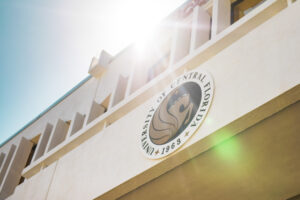
Awards and Recognition
Featured
Financial Assistance
Student Life
UCF Women’s Club Honors 3 Graduate Students with Prestigious Sheila B. Somerville Scholarship
Financial support is often the cornerstone of academic success, and for many students, scholarships open the door to higher education. Beyond easing financial stress, these awards provide recognition, motivation, and a...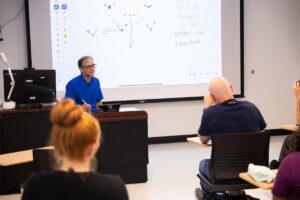
Around Campus
Events and Announcements
Featured
Prospective Students
Research
UCF Launches 1st Planetary and Space Sciences PhD Program in Florida
As SpaceU, UCF is pushing the boundaries of exploration by launching a groundbreaking new doctoral program in the planetary and space sciences. Now, aspiring researchers can apply to the inaugural cohort of...
Around Campus
Fulbright
Prospective Students
Research
Student Finances
Student Life
Student Spotlight
UCF Fulbright Awardees Bring Their Passions to a Global Scale
Each year, the Fulbright Program offers opportunities for American students to conduct research, teach English, or pursue graduate study abroad. One of the most prestigious international exchange programs in the...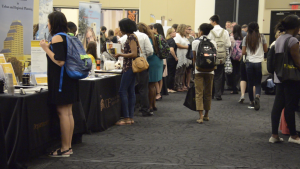
Around Campus
Events and Announcements
Unleash Opportunities with a UCF Graduate Degree
A graduate degree has the power to unleash opportunities by expanding careers, opening doors to new fields, and increasing lifetime earnings. According to the U.S. Bureau of Labor Statistics (2024),...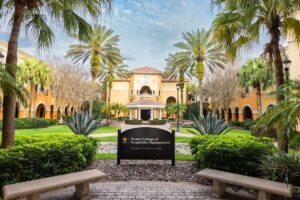
Around Campus
Rankings
UCF Rosen College Ranks No. 1 in the World for Hospitality Education for 2025
One of the most anticipated theme parks in the world is about to open its gates — and right next door, the No. 1 hospitality and hotel management school on...
Around Campus
Awards and Recognition
Events and Announcements
Featured
Prospective Students
Rankings
From Engineering to Counseling, Graduate Programs Highly Ranked by U.S. News Propel UCF Alumni to Thrive in Career
While pursuing a doctoral degree in aerospace engineering at UCF , Tommy Genova ’20MS ’20PhD worked alongside Professor Kareem Ahmed, one of the world’s foremost researchers in hypersonics and combustion. He played a...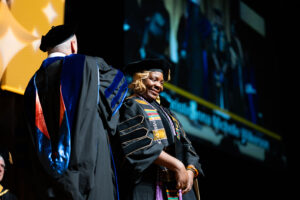
Awards and Recognition
Featured
Student Finances
UCF Women’s Club Enhances Graduate Excellence through Scholarships
Financial support plays a crucial role in the academic success of many students, with scholarships serving as a key resource that enables many to access higher education. Scholarships provide vital...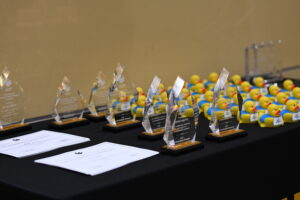
Around Campus
Awards and Recognition
Events and Announcements
Postdoctoral Scholars
Professional Development
Prospective Students
Research
Student Life
Student Spotlight
UCF Honors Outstanding Graduate Students for 2025
Each year, the University of Central Florida recognizes exceptional graduate students who have demonstrated excellence in academics, leadership, research, creative scholarship, and service. These outstanding individuals are honored through UCF’s... 1 of 52 pages